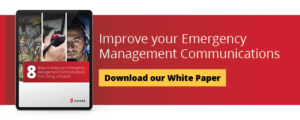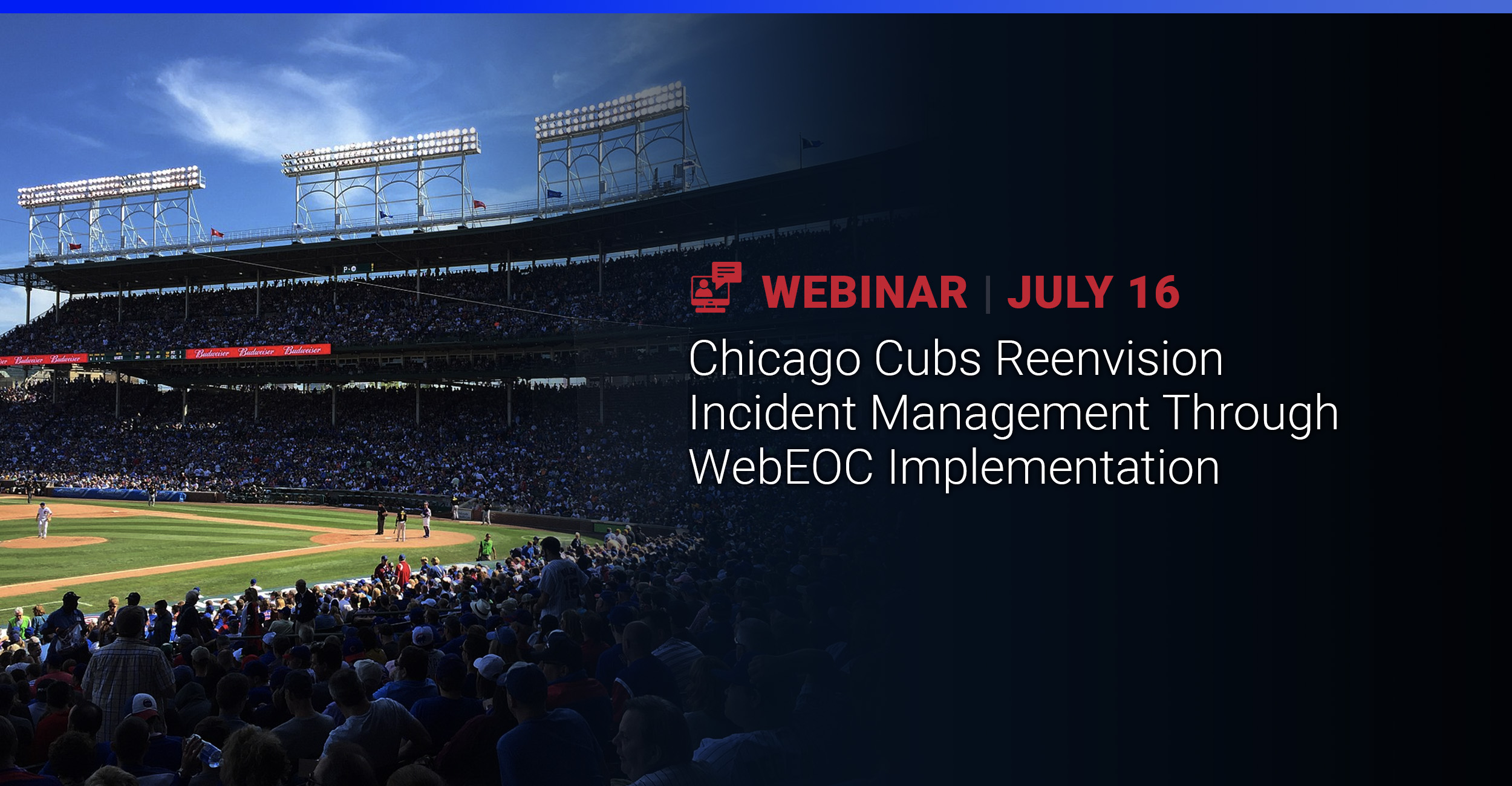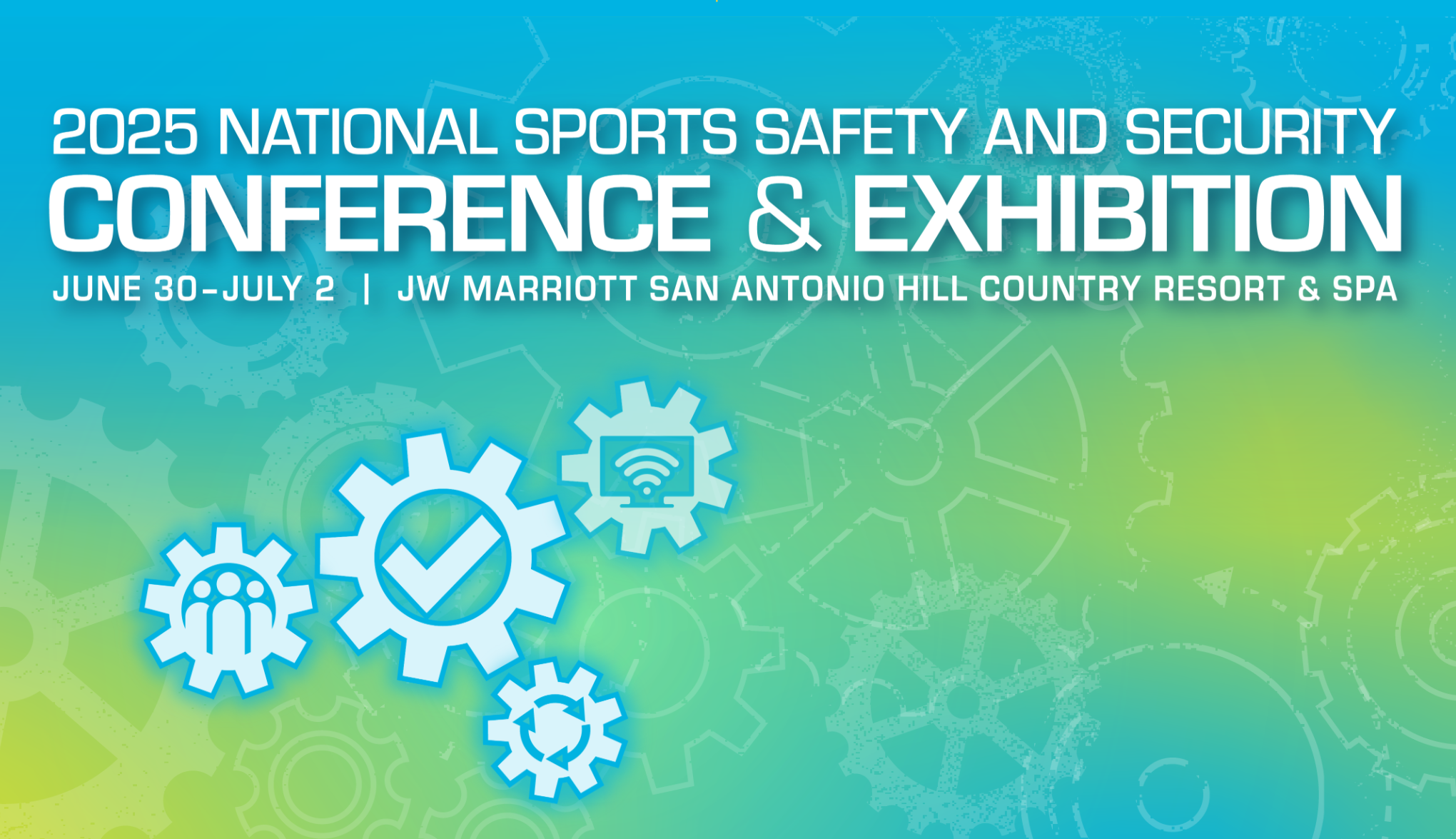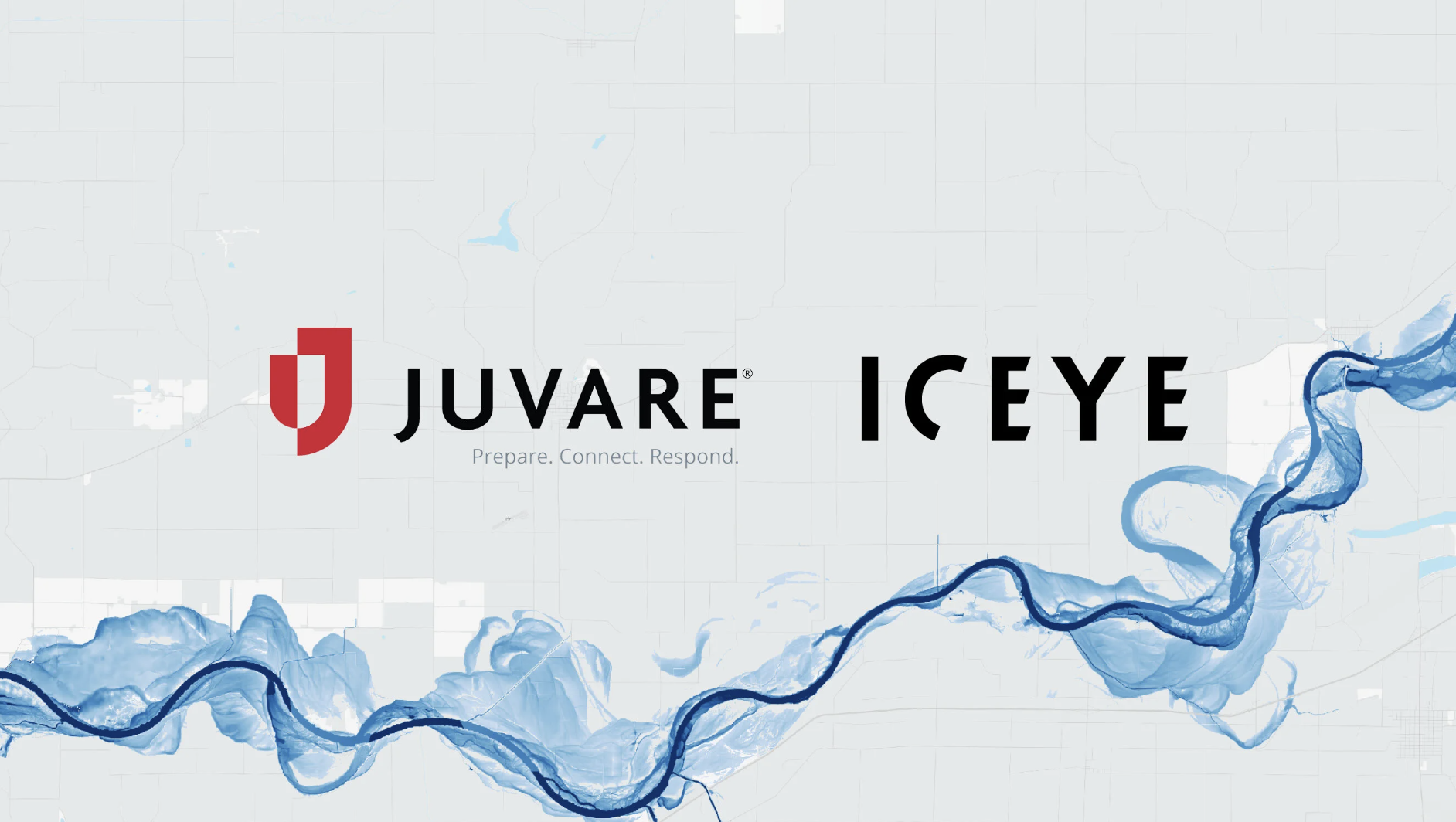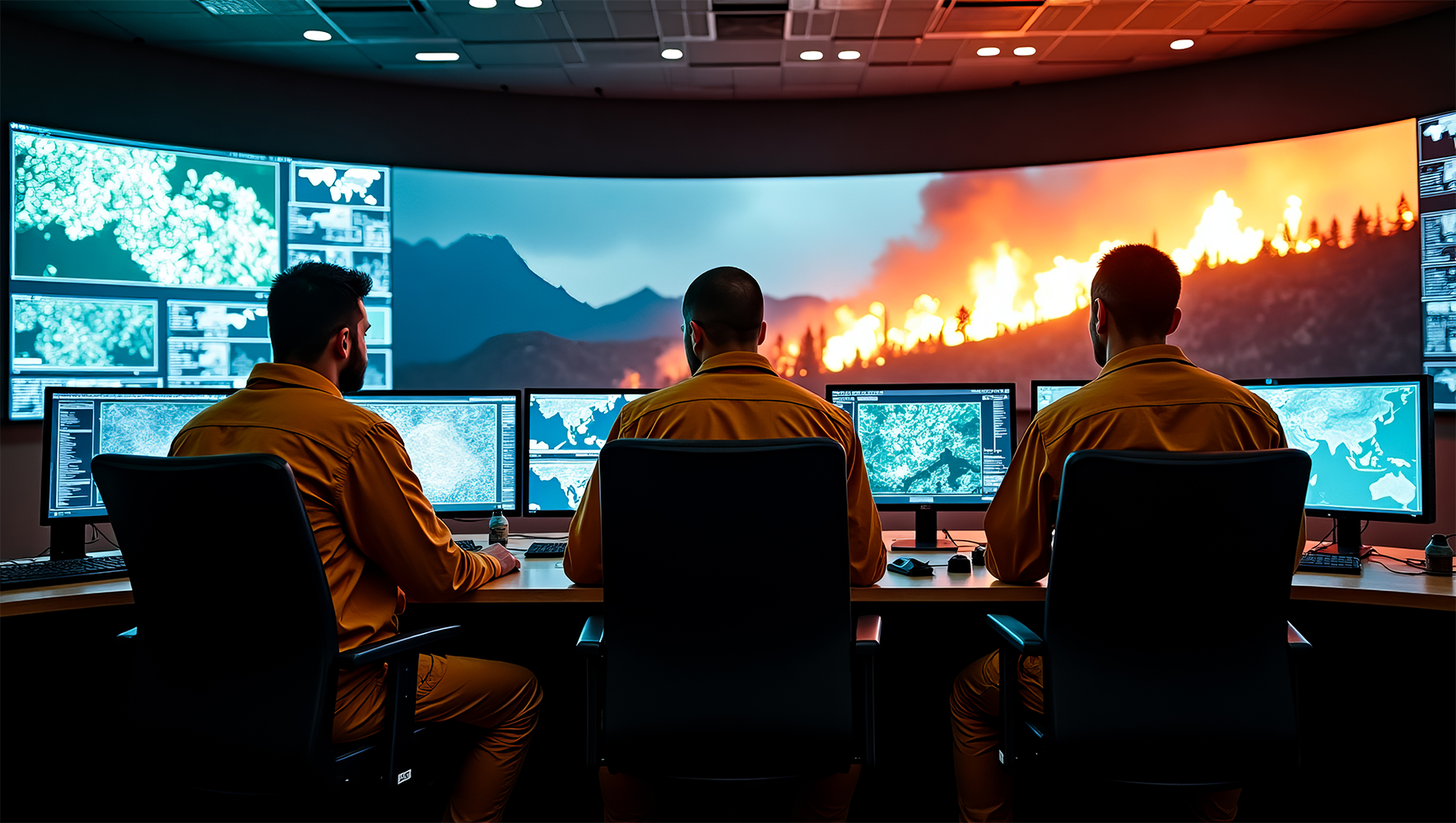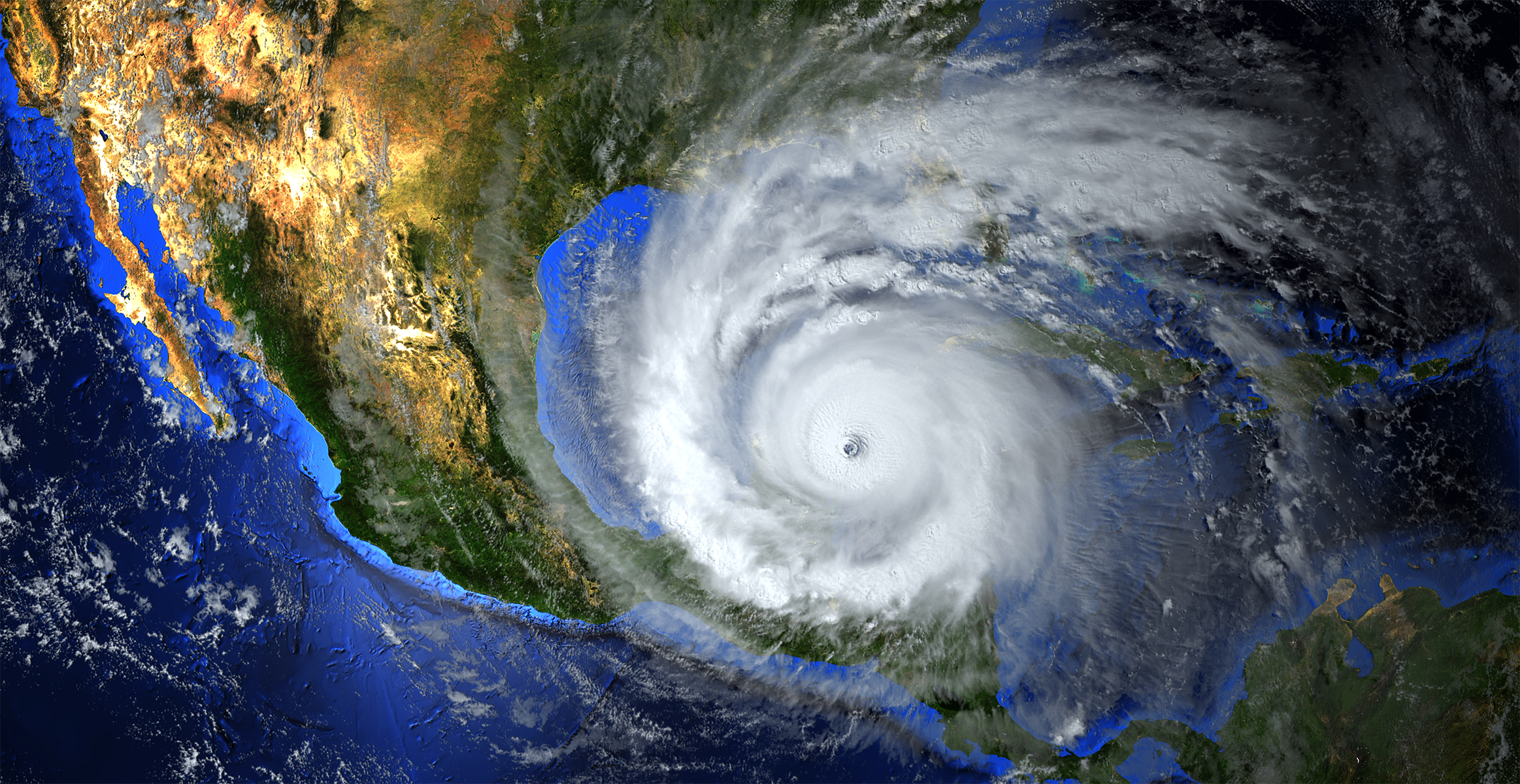The COVID-19 pandemic continues to pose a threat to public health and significantly impact everyday life, activities, business, and events.

Communication and collaboration are vital to achieve optimal preparedness and effective response in the event of any critical incident, allowing organizations to work together more effectively during disease outbreaks like the coronavirus, as well as natural disasters and other unexpected events.
In a recent survey conducted by Juvare, the majority of public health and emergency management response professionals said that communication was the No. 1 area where their organization could improve. [For more about Juvare’s survey of emergency managers, read our blog post: “The top 7 critical incidents that keep emergency managers awake at night.”]
Here’s a checklist to help make your emergency communications more effective. Click here for a printable PDF version of the checklist.
___Make a detailed assessment evaluating the effectiveness of communications processes during previous actions and activities. Based on those instances, determine what specific areas need improvement.
___Identify emergency communications team members and update their contact information.
___Update contact lists for all stakeholders, leadership, employees, suppliers, etc.
___Create a secure, centralized repository for all information and data needed during a critical incident.
___Evaluate your current emergency management platform to determine if it has the necessary capabilities for communication, collaboration, and situational awareness during a critical incident, allowing:
+ Collaboration within a centralized system
+ Ability to complete forms and reports
+ Ability to visualize information entered into the system in maps and dashboards
___Have a system or platform in place which allows users to develop and execute communication in real time, with a comprehensive common operating picture.
___Create a plan for communications about incidents to news media as well as on social media during or after the event to mitigate negative effects to your organization’s reputation and brand.
___Be sure that your emergency management platform is integrated with a mobile app to help keep emergency staff connected seamlessly when they’re in the field or on the scene of an emergency.
___Use emergency management platforms on a daily basis – for tracking day-to-day operations, incidents, projects, reports, and communications.
___Consult an expert in emergency management technology to learn how you can improve your critical incident communications.
If you’re still not sure where to start, contact Juvare to find out how we can help you improve communications and collaboration, and give you the preparedness and response tools you need to protect people, property, and brands.
Juvare solutions provide situational awareness for emergency management during unexpected incidents and disaster situations, large-scale planned events, and day-to-day operations.
Corporations, education institutions, healthcare facilities, and government agencies rely on Juvare solutions every day to improve communications and information management before, during, and after all types of emergencies and disasters.
For more information on how Juvare can help with emergency management, contact us today to schedule a demonstration — call 866-200-0165 or click here to “Request a Demo”.
To explore more ways to improve your emergency communications processes, download our white paper 8 Tips to Improve Your Emergency Management Communications.









